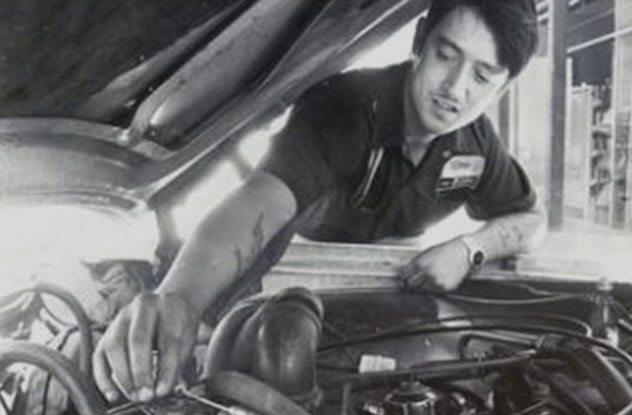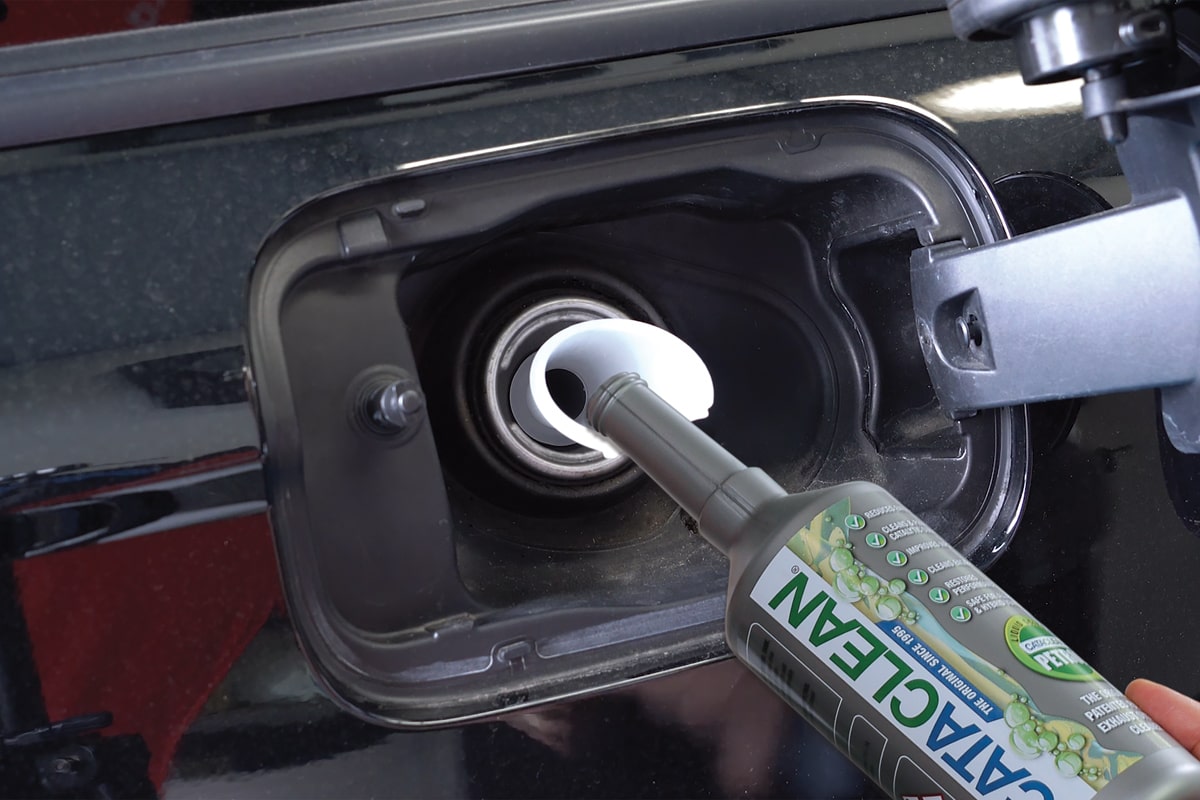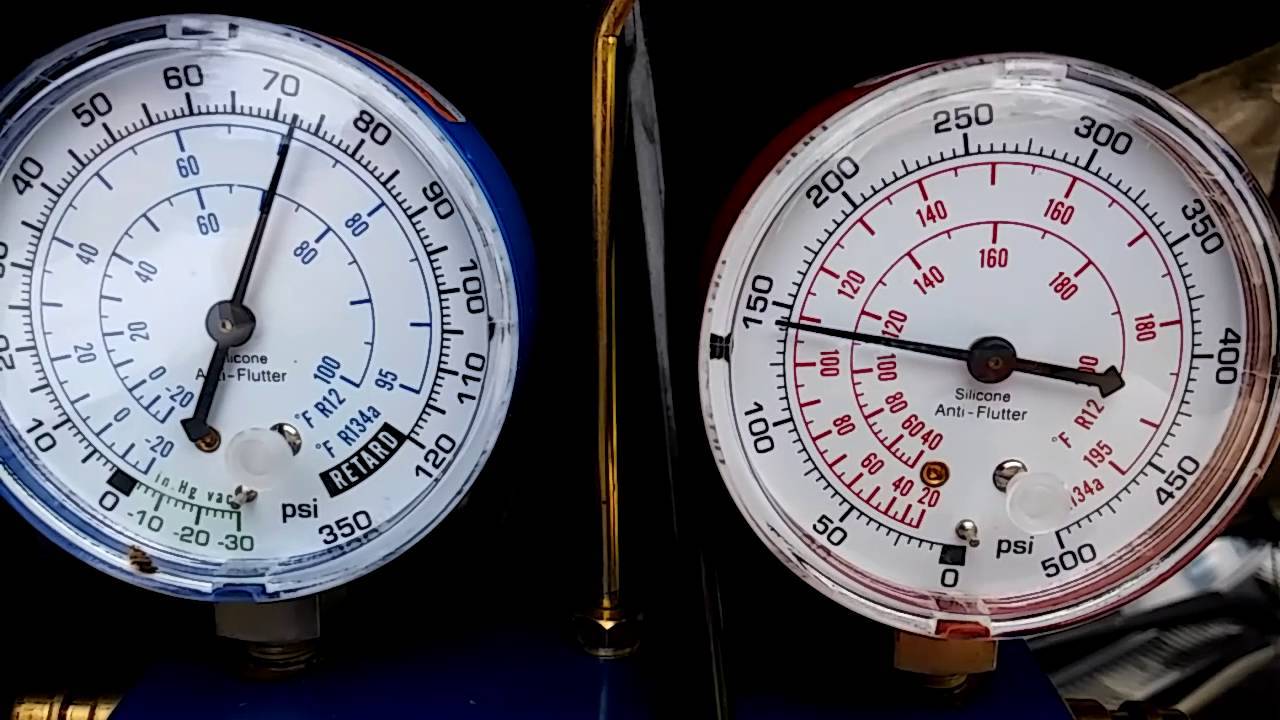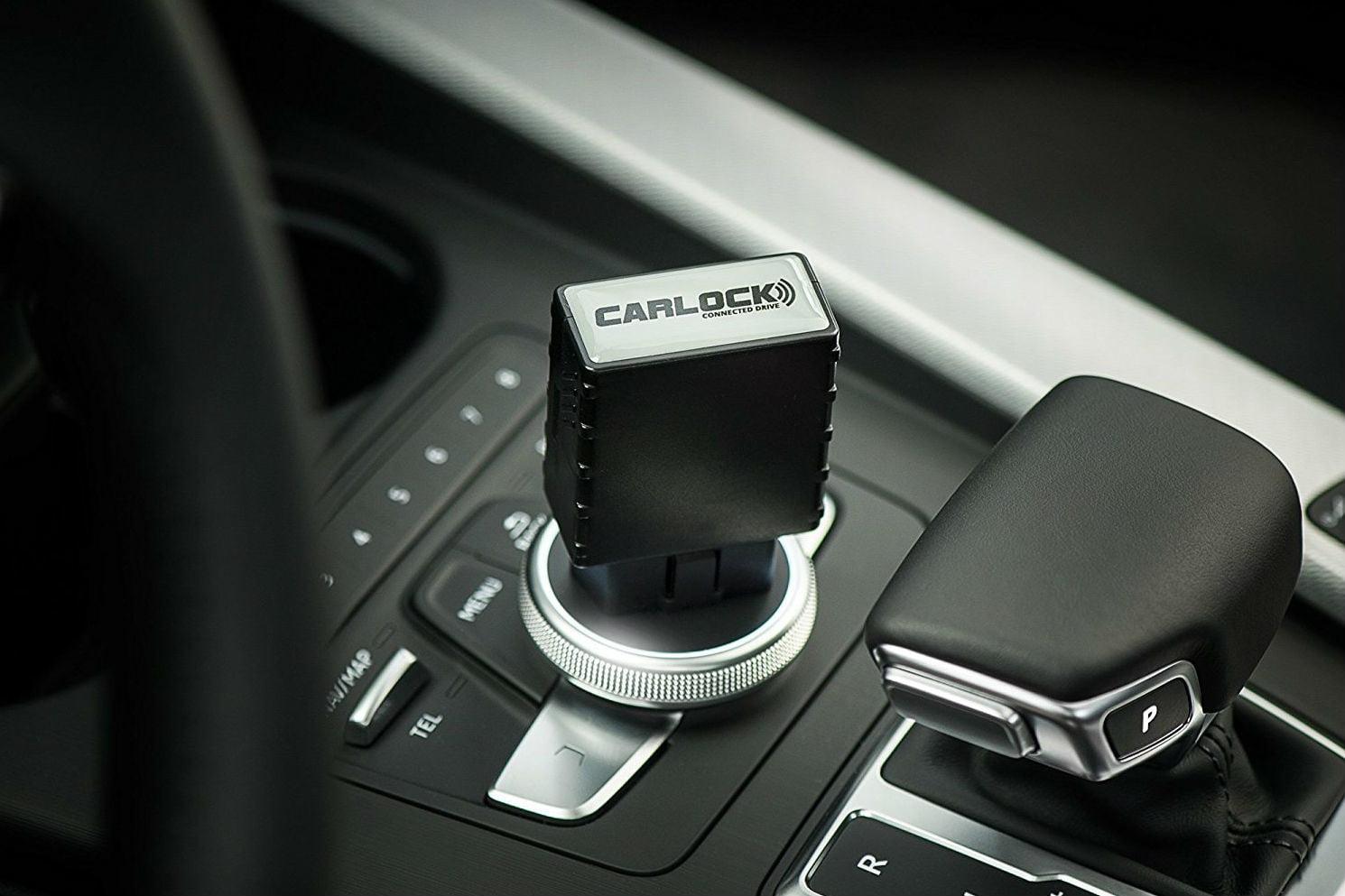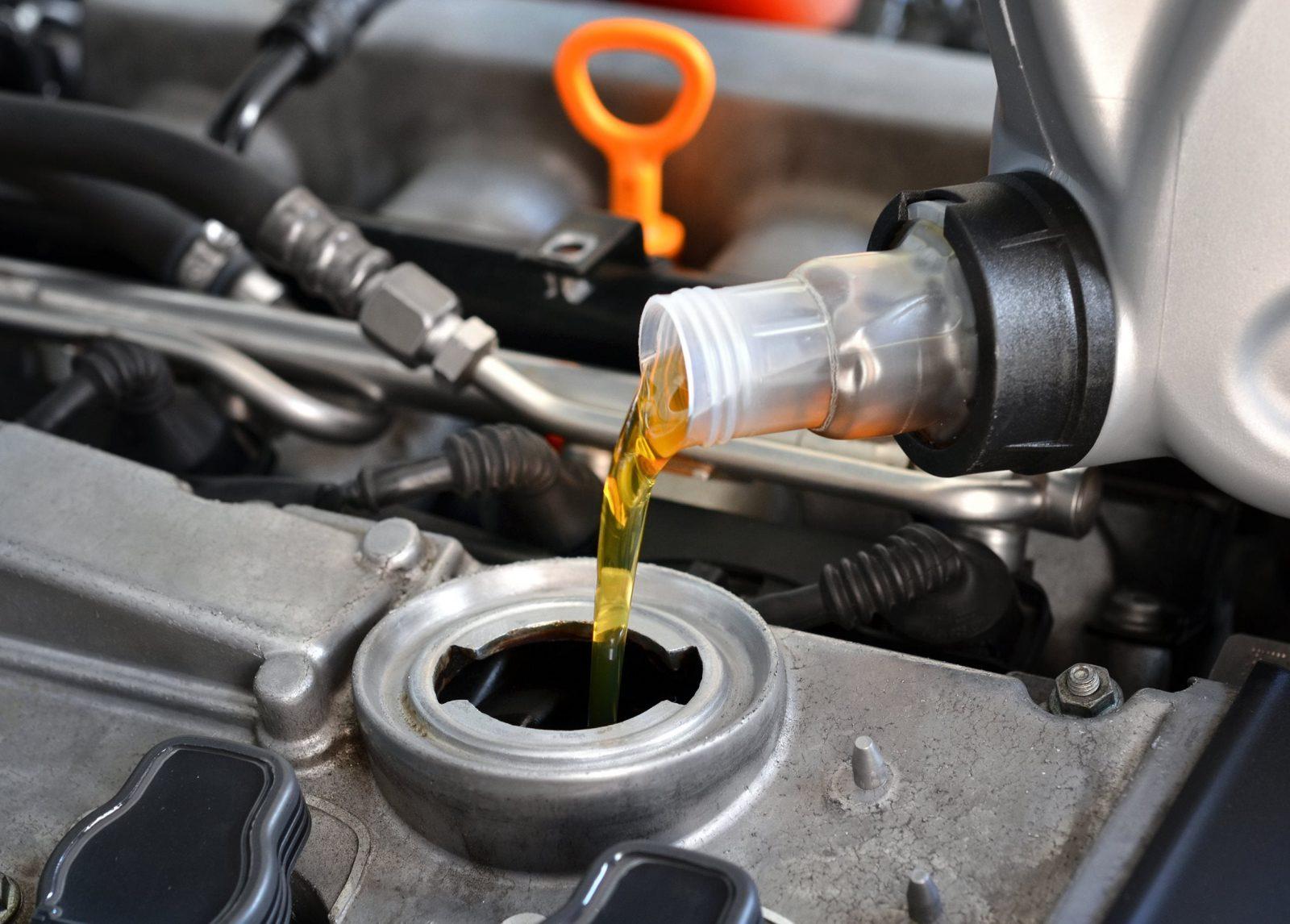5 Most Common Symptoms of Bad Gas In Car
Gasoline contamination is not an everyday thing but not unheard of. Do you feel the car a bit stiff or sluggish to the commands when driving? Does the vehicle produce sputtering and other unusual noises? Bad gas could be the reason, and it may cause damaging effects if you don’t take prompt action. Learning about the symptoms of bad gas in car is the best prevention to take in this regard.
The engine fuel has to be clean for the engine to perform at the peak level. Even the slightest contamination can affect performance. Any substance that is not an element of the fuel will be considered a pollutant. So, water in the gas tank will also create symptoms of bad gasoline.
Why Does Fuel Turn Bad?
Before going to get know symptoms of bad gas in car, let’s find out the reason why the fuel turns bad. There are few reasons behind this phenomenon and they can damage your car seriously.
Evaporation
The first thing that happens to stored fuel is the chemical inside evaporates. For the small vehicle, petrol is the perfect fuel because it evaporates easily to form combustible, mix with air. Unfortunately, when it sits unused its more volatile components evaporate, leading to poor engine performance. It is actually difficult to test how much punch of your fuel has lost but you will see the generator running harder and louder than usual.
Oxidation
Another usual reason for the bad fuel is oxidation. Some of the hydrocarbons in the petrol will react with the oxygen to produce new molecules and peroxides, none of which are ideal to have in your engine or fuel tank. If your car faces oxidation, you will be told clearly by the odour of the fuel since it has a strong sour smell, similar to varnish or paint thinner. Besides, you can see the oxidation symptom by pouring the fuel into a glass, the color of the fuel will turn dark and you will also see some gum under the glass.
Contamination
The last problem which causes symptoms of bad gas in car is contamination. Water is the main perpetrator in this situation. It gets into the container by condensation as temperatures unstable. If the gas is relatively fresh, there are fuel additives on the market that combine with the water in the tank or engine to make it combustible. Another possible reason is bacteria and algae growth, but it is not common.
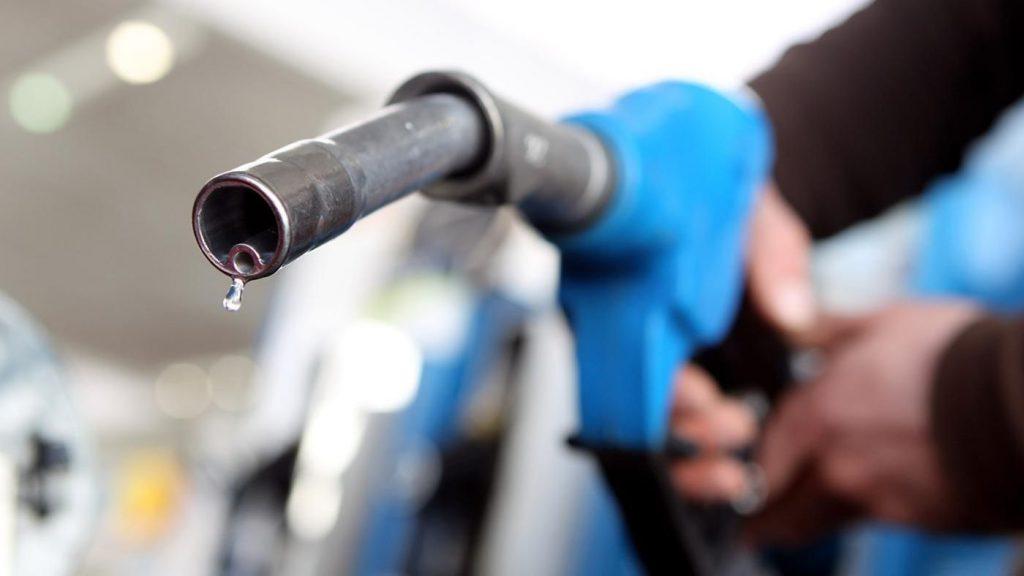
Symptoms Of Bad Gas In Car
Optimum engine operation and performance depend on high-grade, clean oil in the tank. When any outside substance gets into the tank or the oil gets dirty for not maintaining oil changing schedule, you will notice these bad gasoline symptoms:
1. Trouble With Acceleration
The problem involves getting a late response when pushing the gas pedal. Engine hesitation could be the by-product of contaminated oil in the internal combustion chamber. The late acceleration will be more visible when you try to speed up. Sometimes, the car may not accelerate at all.
2. Irregular Changes In Speed
Since symptoms of bad gas in car include issues with acceleration, inconsistent speed changes will be a part of the problem too. Driving speed may change even when you barely press the gas pedal or not at all. Such behavior is puzzling but a simple solution might be just changing the oil.
3. Car Stops Running
The signs of bad gas can cause a sudden suspension of engine operation in the middle of driving. It happens when internal combustion cannot yield adequate power that the engine requires to run.
4. Engine Struggles To Kick off
The engine often struggles to start off when an external element like water is mixed in the fuel. There are several reasons for water to end up in the fuel tank. When you face this issue, you must check the condition of the oil.
SEE MORE
5. Damaged Fuel Filter
Another sign in series symptoms of bad gas in car is the damaged fuel filter. The function of a fuel filter is exactly as its name suggests—filtering out the dirt and sediments and keeping the gas in the tank clean. A damaged filter means compromised filtration, resulting in debris and dregs in the tank. Your car maintenance schedule should include inspection of the fuel filter to make sure that the engine is getting supplies of dirt-free oil.
How To Avoid Contaminated Gasoline
You already know the bad gas in car symptoms, now let’s find out how to avoid contaminated gas. To avoid the bad gas where possible, it is suggested using the correct octane for your car, avoiding the use of old gas and always buying from the well known gasoline stations.
The main reason behind this is that some thieves steal fuel from an underground storage tank and store it in other trucks and resell the fuel at low price. The delivery from the storage bank to the trucks may leak and get wet. The fuel has not been stored properly and is much more likely to have significant amounts of water or sediment in it. Another possible reason is the gas station changes the gasoline ratios of mid-range gas to create a more profitable blend. So that mixture may contain water or some gum or even sediment.
Another possible reason is the fuel distributors mix the fuel with other things to earn profit from it. So even if the retailers are trustful, there is a chance that you still buy bad gas.
Therefore, choosing a trustful gasoline store is really important. You may not be able to avoid the other cause of symptoms of bad gas in car. But you can avoid contaminated gas by choosing good fuel for your car.
Sum Up
In general, there are five bad gas in car symptoms which you may find on your car. Besides, you can avoid contaminated gasoline by following the news, finding a good fuel supplier and do not regret money for qualified fuel. Check out other maintenance tips to better understand your car and learn how to maintain it.









